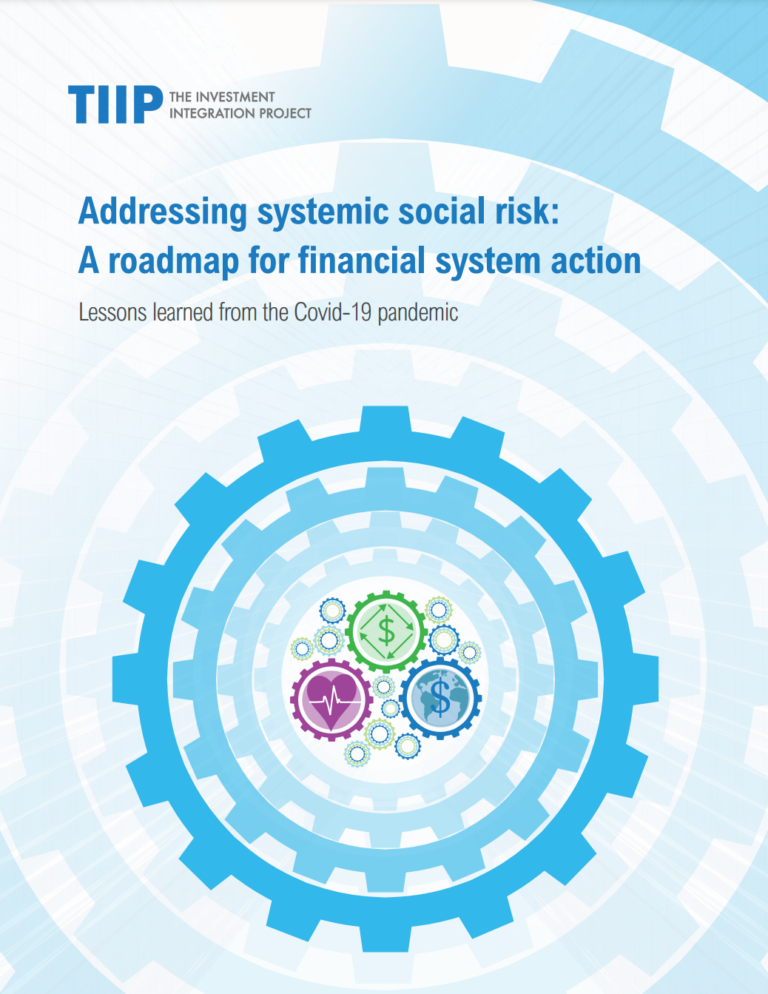The timeline for, and success of, the social, financial, and economic recovery from the Covid-19 pandemic will depend on many things (e.g., the development of therapeutics and a vaccine and ongoing policy intervention), but healthcare officials and economists warn that the situation might get worse before it gets better. More people will get sick and die, global GDP will decline, some jobs might never return, and some businesses could close their doors for good—even if governments act aggressively to suppress the spread of the virus and provide additional fiscal stimulus. It is unclear for how long these consequences will linger.
The consequences of neoliberalism and related value-extracting behaviors have been put on full display throughout the Covid-19 pandemic. “Essential” workers in industries and occupations required to continue working during “shutdowns,” for example, have not always been able to obtain adequate equipment to protect themselves from the virus and sometimes lack access to the health insurance and paid leave needed for when they contract it. Racial and ethnic minorities, women, and migrant laborers in many countries are more likely to work in these “essential” jobs and to get sick and die from the virus. Further, related political polarization and fractured social cohesion have permeated individuals’ acceptance (or lack thereof) of science based public health recommendations during the pandemic in some countries.

